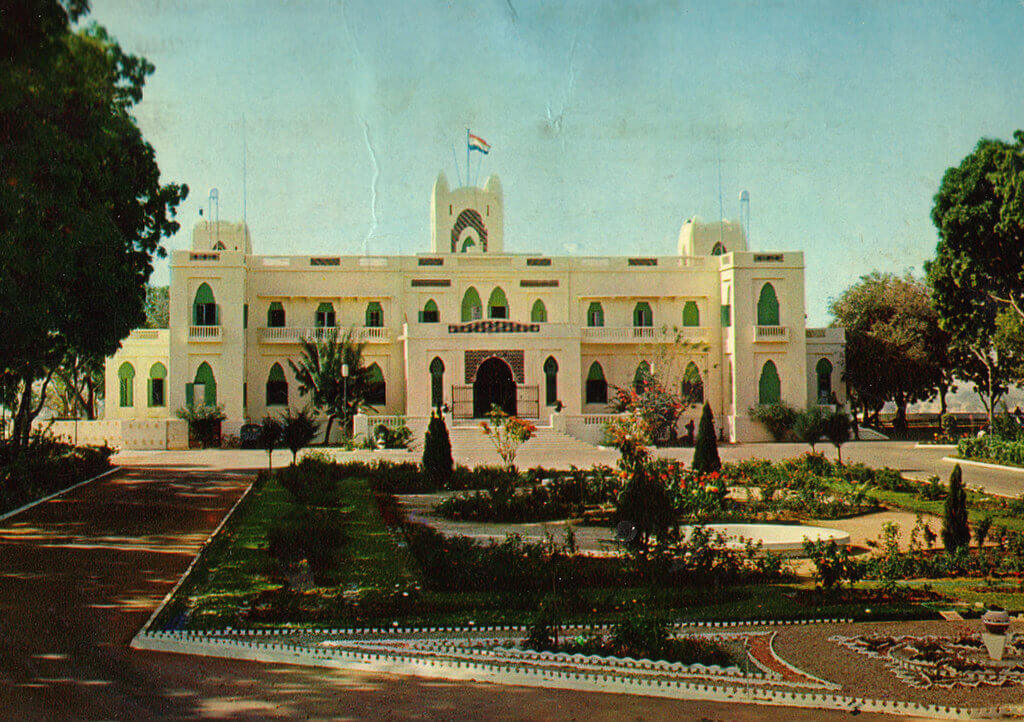Two days ahead of the swearing-in ceremony of Niger’s recently elected president Mohamed Bazoum, there was a reported attack by a military unit on the presidential residence in the capital city Niamey, in what has been labelled as an attempted coup.
In the early hours of Wednesday morning, there was heavy gunfire around the presidency for roughly 30 minutes. Although the militants briefly took control of the presidential palace, the government has stated that the situation is now under control and that multiple arrests have been made. Furthermore, the presidential guard has now blocked all access routes to the presidential palace. However, some of the attackers managed to escape.
Government spokesperson Abdourahamane Zakaria denounced the attack as a malicious attempt to “imperil democracy” in the country. He added, “The government condemns this cowardly and retrogressive act that aims to endanger democracy and the rule of law to which our country is resolutely committed.” His statement further said that an investigation has been opened into the matter to identify the orchestrators and bring them to justice.
An anonymous source told Associated Press that a “few members of the army” were “behind this attempted coup”. In fact, shots were also reported near a military base that is located close to the Niamey International Airport.
In February, Mohamed Bazoum emerged victorious in the second round of voting in Niger’s presidential election. He secured 55.75% of the votes, compared to Mahamane Ousmane’s 44.25%. On Friday, Bazoum is set to take over from President Mahamadou Issoufou, who was elected into power in 2011 and did not run in this election as he had already served his two five-year terms. Bazoum’s victory represents the first democratic transition of power in Niger’s history since gaining independence from France in 1960.
However, Ousmane, a former president of the country who ruled from 1993 to 1996 before being ousted via a coup, maintains that the election was “marred with a lot of irregularities and fraud”. In fact, despite the country’s Constitutional Court certifying the results of the election, Bazoum’s supporters have continued to engage in intense and often violent protests.
The attack on the presidency comes at a time of heightened instability in the country, particularly in the country’s southwestern Tillaberi region. On March 21, 141 Tuaregs were killed in three separate villages in southwestern Niger, which followed an attack on March 15 that killed at least 58 people in the same region. Moreover, just last week, 11 more people were killed after armed assailants attacked three villages in the Tillaberi region and “set classrooms on fire, looted a health centre, and stole livestock”. Likewise, in January, two separate attacks resulted in the deaths of at least 105 people. The attacks have been attributed to Islamic State and Al-Qaeda-affiliated groups.
Therefore, against this backdrop, an attempted coup by the army, even if the attackers turn out to belong to a rogue unit, further destabilises an already highly vulnerable security situation in the country.
Attempted Coup in Niger Two Days Before Newly-Elected President Bazoum’s Inauguration
An anonymous source told Associated Press that a “few members of the army” were “behind this attempted coup”.
April 1, 2021

SOURCE: MARTEN KUILMAN / FLICKR
